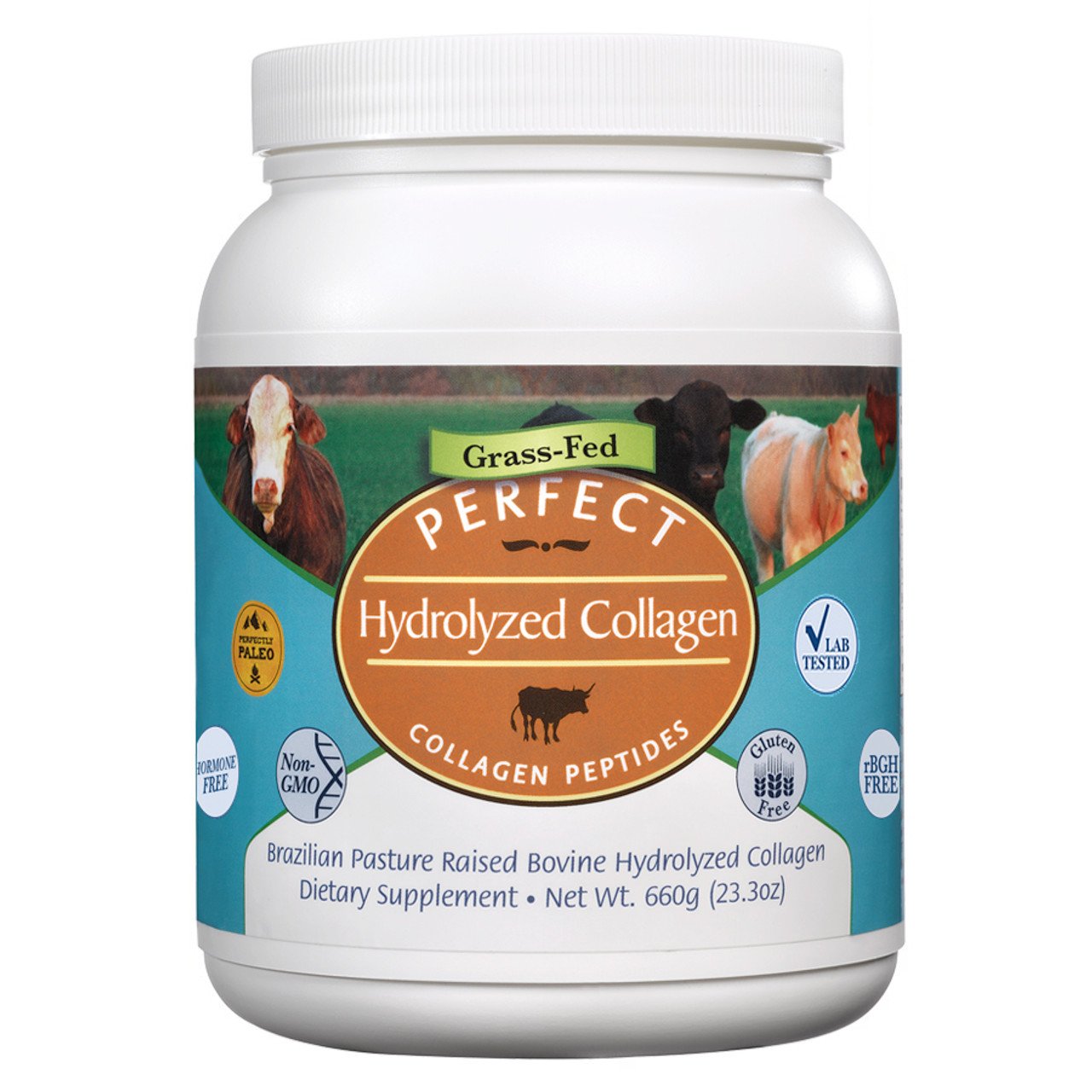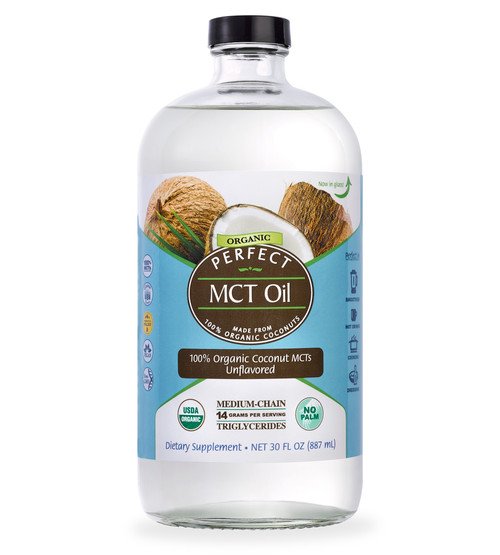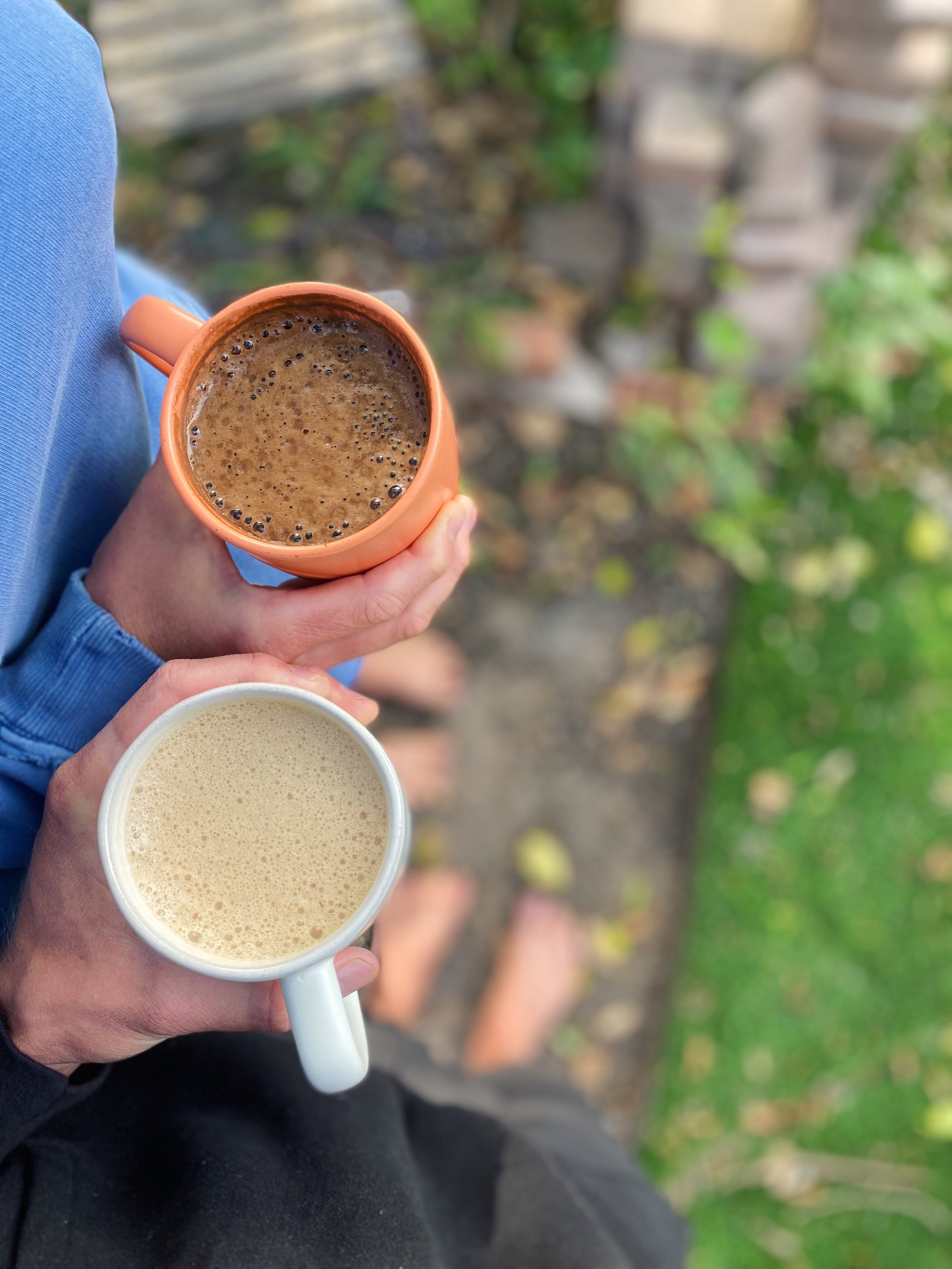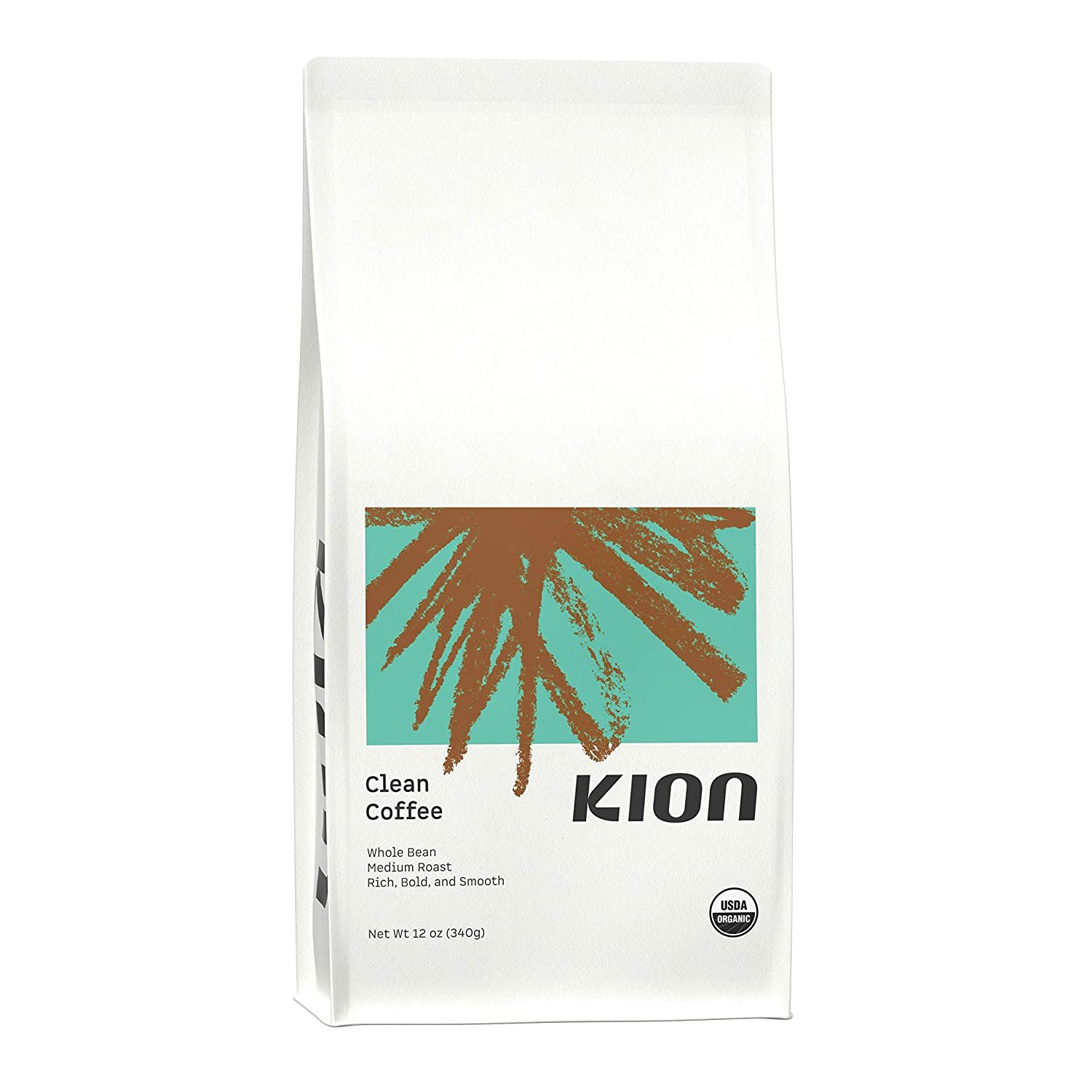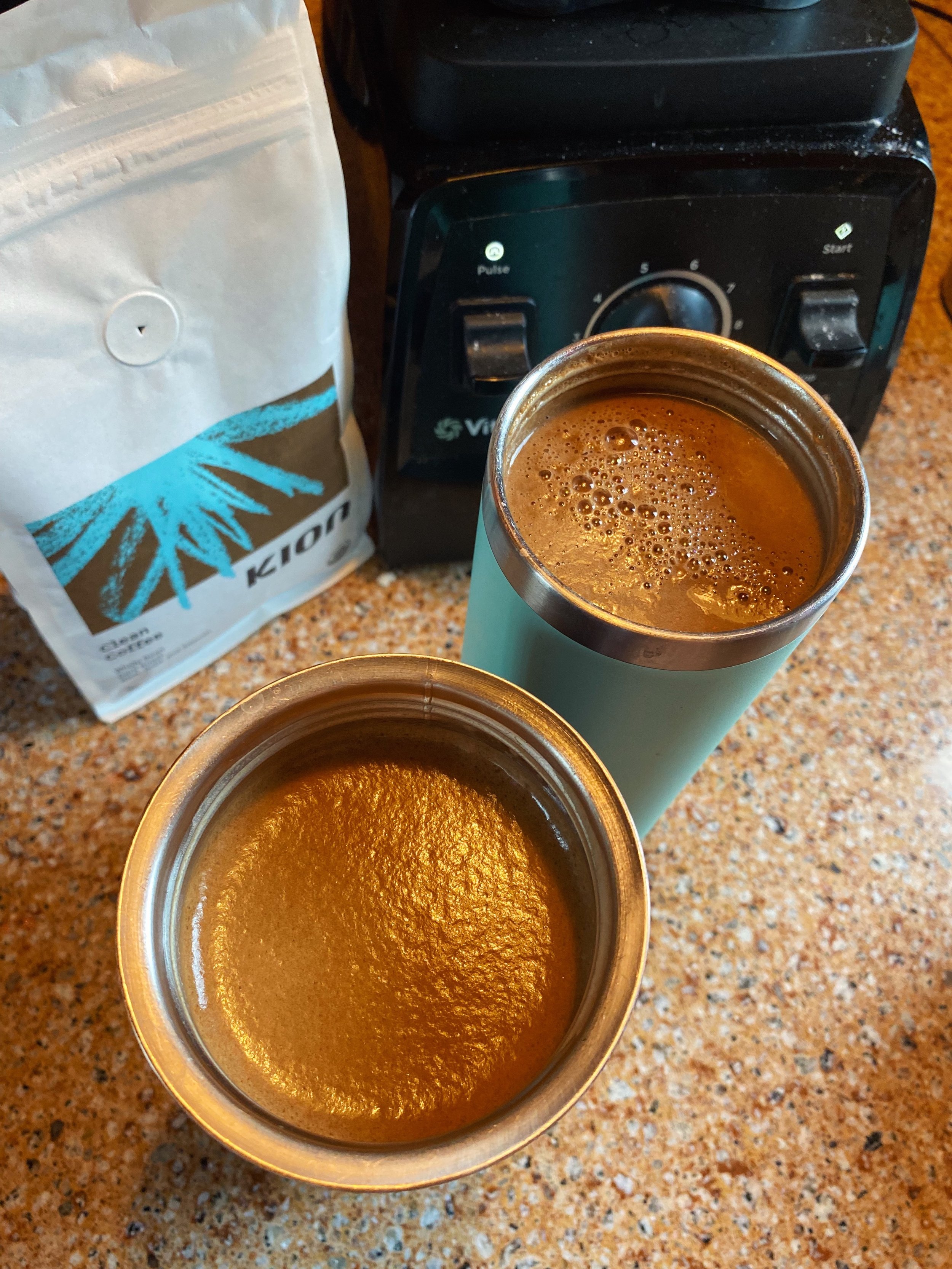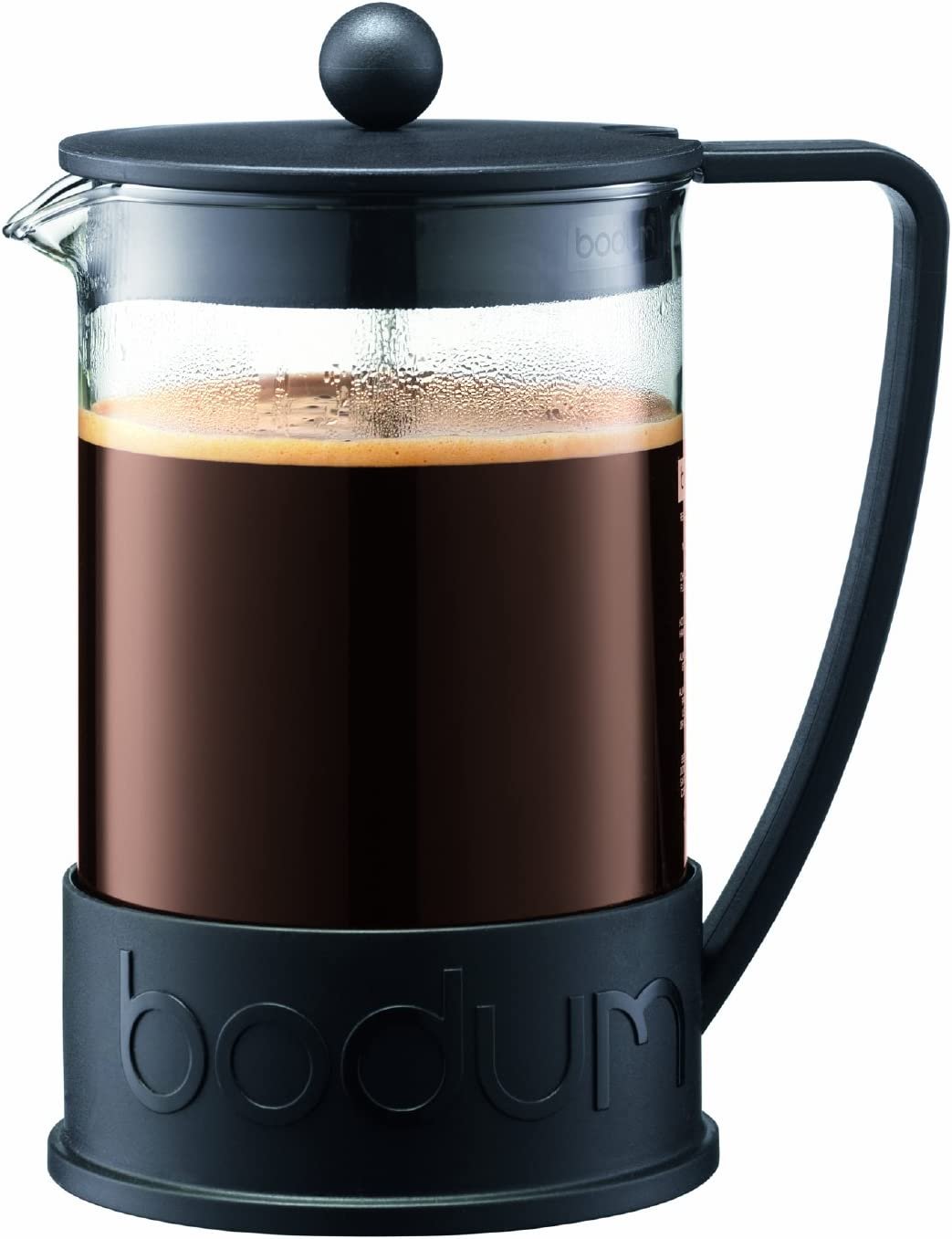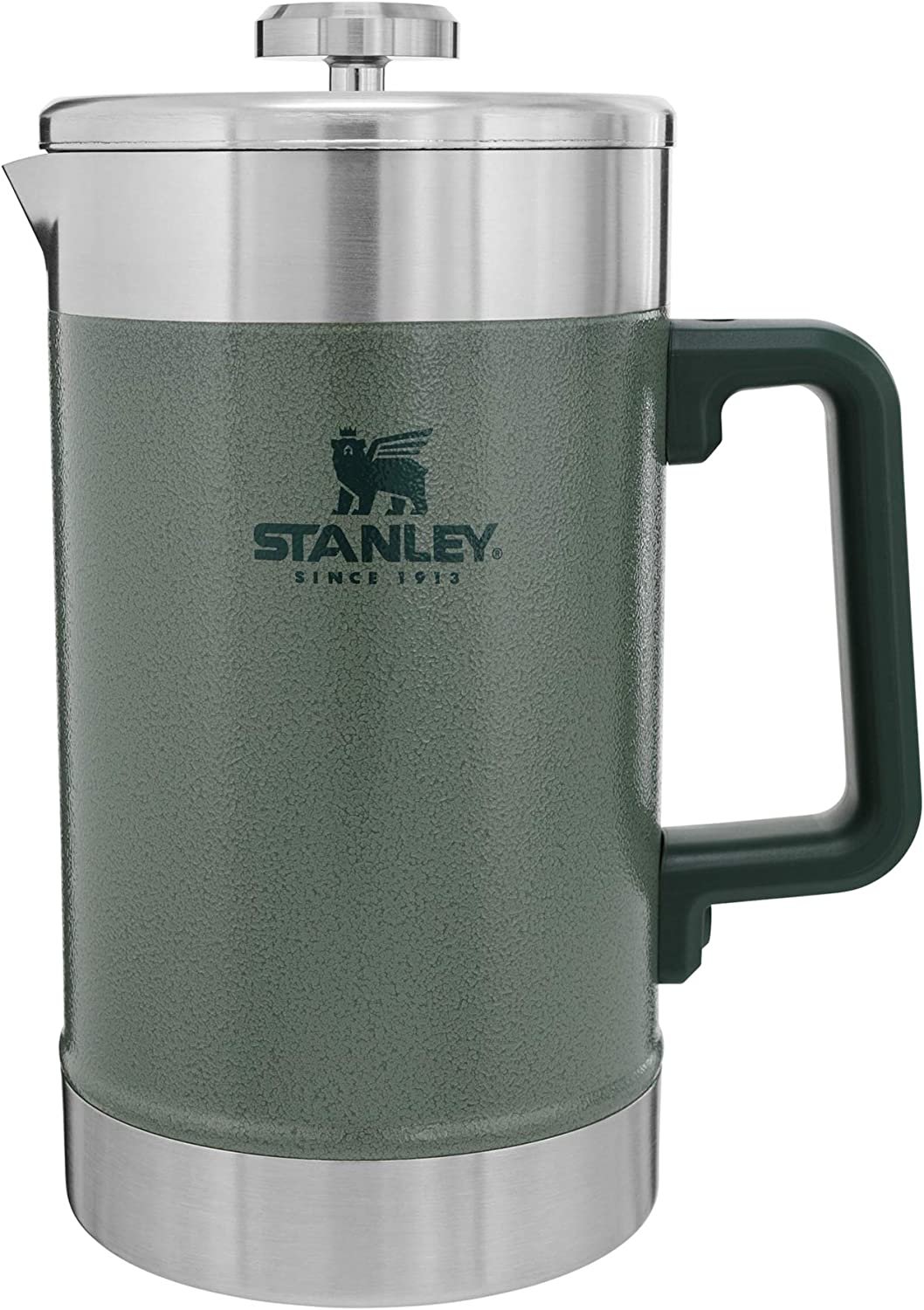The Conscious Caffeine Club: A Guide to Mindful Consumption
After coming out with my 2018 “Caffeine Cult” article, I want to invite you to the Conscious Caffeine Club.
There was a time when I was caught in the dogmatic tug-of-war between believing that caffeine was the ultimate elixir of life and the assumption that it was the root of all evil. It took me some time to realize that it's not caffeine itself that's inherently good or bad, but rather our relationship with it that determines its impact on our lives.
The key lies in consciously and mindfully engaging with caffeine when consuming it. In this Conscious Caffeine Consumption Guide, I will share my journey of shifting away from this black-and-white thinking and how I have learned to cultivate a more mindful and balanced relationship with caffeine. Together, we will explore various ways to engage with coffee and other sources of caffeine in a more conscious and intentional manner, ultimately enhancing our well-being and overall life experience.
The adaptation to my 2018 article first came as a podcast episode, which you can also listen to below.
The Guide to Conscious Coffee Consumption: The Metaphysical
The pendulum has not swung from ‘caffeine is great’ to ‘caffeine is bad’ and back again. The grey area in which caffeine, and all things, reside is in the: it depends. This article is divided into two main sections: the physical and the metaphysical. We will start with a metaphysical exploration into all things caffeine, which is really all about your relationship to it.
Understanding your relationship to caffeine is a bio-individual task, one that is fraught with self-deception. This is because the main argument of my last article still stands: stimulants and depressants dissociate us from our natural state. Used mindfully, this isn’t so bad. But unfortunately, most of us are over-medicating and turning a blind eye.
The reality is many of us are participating in activities, relationships, and jobs that aren’t serving us well. We justify them, and we use caffeine (and other stimulants and depressants) to help numb out from the reality that we would rather be living differently.
In a way, this numbing out is helpful because it allows us to “survive.” Like any coping mechanism, the bad isn’t as bad as facing the reality and fears that live beneath our choices. The problem is that numbing out prevents us from saying “It’s time” or “No more” and stepping into a more authentic version of ourselves.
Getting Clear on Intention
‘Why’ we do things is the key to a metaphysical exploration. Two people may drink a cup of coffee, but the outcome will radically differ depending on the individual ‘why’. The origins of coffee have rather mystical roots, whereby Ethiopian monks would use beans to stay alert for long hours of prayer and meditation. Rolling out of bed every day and reaching for coffee to keep you from losing your mind while working yourself to the ground in a job you hate doesn’t exactly have the same ring to it, does it? Is your relationship with coffee enhancing your well-being or not? Is it helping you step into alignment or out of it?
Let’s explore a few common scenarios in which we can dissociate from ourselves while using caffeine.
Caffeine and Waking Up
This is probably the most universally relatable one: you need coffee to wake up. For starters, this brings immediate dissociation from the fact that something in your life isn’t sustainable. Sleep is the energy restoration process, and although we can ebb and flow through periods of ‘overdoing it,’ like checks and balances: the debt you create by tapping into your adrenals will require re-payment eventually. Whether that looks like adrenal fatigue, writer’s block, or illness, you cannot out-caffeinate bad sleep forever.
Another big thing when it comes to caffeine first thing is that it dissociates you from hunger cues. Food is energy, too; it’s medicine. Too many people associate food and calories as the enemy, and love the fact that caffeine suppresses hunger cues. These cues are natural mechanisms that are also the birthplace of intuition. When your body communicates, it’s vital to a) hear the message and b) honor it.
The more we dissociate from these messages, the less clear they become and the less our body sends them out. Many people will also say they simply aren’t hungry in the morning. Is this true? Or have they participated in hunger-suppressing caffeinating and now have no idea what it is their body needs to thrive?
You may tend to overeat, but this is great information. Something is out of balance and needs to be explored. Simply suppressing your body’s hunger cues to avoid dealing with your problem doesn’t make it go away.
Caffeine and the Menstrual Cycle
Honoring your cyclical feminine nature requires being aware of the body’s energy capacity at every given stage of your cycle. As hormones ebb and flow, so does your capacity to “do.” Whether it be exercise or work, many things we participate in as women are not serving our highest good.
This may look like gulping down a large coffee during your period to still get a good workout or because you have to give a big presentation that day. When we tailor our lives to our to-do list (and not our cycle), we do an enormous disservice to our femininity.
Don’t get me wrong, I understand how hard this can be in our modern patriarchal world. That being said, it begins with us, with you. Until you are aware of what your body is yearning for during each stage of your cycle, you cannot possibly honor it.
Cutting back on caffeine as the month goes on (tapering off into the luteal phase and abstaining completely during the menstrual phase) can help give you a very clear picture of what your body does and does not want to participate in. Caffeine itself isn’t the biggest problem, it’s more about its dissociative nature of it and what you will agree to participate in as a result.
I used to taper off in the late luteal and completely cut it off during my bleed. Today, I will still consume caffeine; however, I abstain from all exercise in the early days of my cycle. I also structure my work schedule to give me time off during my bleed that I spend at home resting and relaxing.
Caffeine and Athletics
Exercise can be fantastic, but like anything: it’s more about your relationship to it than the thing itself. Exercise and movement, in general, can serve you if you participate mindfully. This means knowing your limits when it comes to how much your adrenals are participating! Your adrenal system is like a credit card. You can tap it, but eventually, you have to pay back what you took out. If you keep tapping into your adrenals, eventually, you get burnt out.
When it comes to exercise, there is no doubt that you’ll likely have improved performance with caffeine. This becomes a problem, however, when you don’t rest and recover as much as you work. This is especially true for women during the later stages of their menstrual cycle, but it applies to all humans who tend to overdo it.
This is amplified for those who work out in a “fasted” state but rely on caffeine to get them through. Check-in with yourself by omitting caffeine once in a while before a workout. Be curious about the way you experience exercise caffeinated. Make sure you are fuelling your body enough with real, whole, nutrient-dense foods.
Caffeine and Work
Caffeine can easily mask an unsustainable job. Whether it be too hard or too out of alignment, many people stay in jobs that aren’t serving their mental and physical health– a relationship kept alive by caffeine. Instead of exploring the reasons behind the “afternoon slump,” too many reach for caffeine (or sugar) and just keep truckin’ on.
Get curious about what things in your life wouldn’t be sustainable without caffeine.
“Is This Serving My Greatest Good?”
This is my favorite consciousness-building question. Consciousness is an act of radical self-responsibility, enabling you to get really real with yourself. Sit with yourself, alone, and get still. Get curious, and ask yourself if your current relationship with caffeine is serving your highest good. Realize that this doesn’t mean you have to quit cold turkey; just be curious!
How might it not be? How might it be? In what ways have you been ignoring the pings of your soul/ highest self when it comes to how often you caffeinate? What would your job, workout routine, relationships, or life look like without it? Again, this doesn’t mean you have to quit.
Understanding that your life will only thrive as much as you can be honest with yourself. You can put on an act all you want, but inner peace is an inside job. Vibrant health is an inside job. This requires you to be real with yourself and get clearer on whether your habits serve your highest good (or not!).
3 Journalling prompt to explore your metaphysical relationship to caffeine:
Reflect on the various ways in which caffeine has played a role in your life, from daily rituals to social interactions. How do you perceive the substance as a metaphysical entity that influences your thoughts, emotions, and actions? Consider your relationship with caffeine from a spiritual, philosophical, and existential perspective.
Imagine a world where caffeine does not exist. How would your life, your daily routine, and your interactions with others change? In what ways would the absence of caffeine affect your metaphysical understanding of yourself and the world around you? Consider the implications for your personal growth, relationships, and overall well-being.
If caffeine were a conscious entity, what kind of relationship would you have with it? Write a letter to caffeine, expressing your thoughts and feelings about its influence on your life, your sense of self, and your connection to the world around you. Include any gratitude, criticisms, or personal revelations you've experienced as a result of your interactions with caffeine.
If You Can’t Live Without Caffeine
If you don’t think you can live without caffeine, this is vital information. No one is forcing you to quit, but realize that only you can liberate yourself from what keeps you from stepping into your most vibrant self. If you can’t live without it, you likely need to take time off the most.
It’s so easy to lie to ourselves, and indeed you can keep doing so till the end of your days. Get curious! Take a break and see what happens.
The Guide to Conscious Coffee Consumption: The Physical
And now, for the good stuff. Remember, I’m not here to shame you into quitting caffeine. This sections is all about how to drink it more mindfully.
Understanding how to mindfully use caffeine to serve you is partially a metaphysical thing (your relationship TO caffeine) and partially a physical thing (what you drink, when you drink it, how you drink it). Even when you get in right relationship with coffee, there is still a reality to the physical consumption of coffee that can be optimized.
What you drink
Quality: Organic, Mold-Tested, Freshly Roasted
To optimize your coffee or tea drinking experience, it's important to select the best quality ingredients. Not only does this improve the taste, but it also ensures you consume a healthier beverage with fewer negative side effects. When it comes to coffee, choose organic, mold-tested, and freshly roasted beans. Freshly roasted, whole beans are less likely to be moldy, but get that confirmed by investing in a company that tests for mold. By doing so, you'll avoid potentially harmful chemicals and enjoy a better flavor. Similarly, for matcha tea, opt for organic, high-quality organic, ceremonial powder free of heavy metals. It will taste better and is better for your body, and the planet.
Add Fat and Protein to Balance It Out
To maximize the benefits and minimize the drawbacks of caffeine, consider adding healthy fats and proteins to your beverage. Incorporating ingredients like grass-fed butter, coconut oil, or MCT oil into your coffee can help slow the absorption of caffeine and provide a more sustained energy release. Additionally, adding a quality protein source, such as collagen powder, can support overall health and well-being and mitigate the impact of a glucose spike.
Perfect Supplements Collagen Powder
Grass-finished collagen is a great way to balance out your coffee’s macronutrient profile.
Perfect Supplements MCT Oil
Adding healthy fats to your morning coffee to turn it into a slower-digesting food, as opposed to a big caffeine hit.
Good Quality Milk: Be Mindful of Nut Milk
When it comes to adding milk to your coffee or tea, it's essential to choose a good quality product too. If you prefer dairy milk, opt for organic, grass-fed (and finished!) options. For those who enjoy nut milk, be mindful of the ingredients, as some products contain added sugars and preservatives that may counteract the benefits of your mindful caffeine consumption. I’m not a huge fan of nut milk in general and gravitate towards coconut milk (not a nut!) instead.
The majority of dairy-free milk at coffee shops is loaded with weird ingredients because simple nut milk don’t froth well. “Barista blends” used in coffee shops are toxic. If you consume coffee out, consider bringing your own milk! I used to do that all the time but now opt for homemade coffee.
Fun story: When I was living in Oaxaca, there was an epic little coffee roaster shop, but their coconut milk was full of nasty ingredients. I was making homemade coconut milk from fresh whole coconuts and bringing in enough for them to froth and make my coffee with. They loved it so much that they asked for my recipe and started making it for the shop. Never underestimate the power of living in your values!
2. How much you drink
Brewing method
The amount of caffeine you consume can significantly impact your experience and the overall benefits of your coffee or tea habit. Various brewing methods can produce different strengths, meaning that not all cups are created equal. For instance, a Starbucks brewed coffee may contain around 260 mg of caffeine per 12-ounce cup, whereas a homemade cup made using a drip coffee maker might contain approximately 150 mg of caffeine for the same volume. Being aware of these differences can help you make more informed choices.
Ask questions
When purchasing coffee or tea from a store or café, don't hesitate to ask questions about the caffeine content. Baristas and staff are usually knowledgeable about their products and can provide helpful information. By understanding how much caffeine you're consuming, you can make adjustments to suit your individual needs and preferences.
Minimum effective dose
I actually weigh out the beans in the morning, to not waste and create a consistent brew. We down regulated the quantity daily until I found our perfect ‘minimum effective dose’. Our MED is about 1/3 of what I was making prior!
To optimize your caffeine consumption, aim to find your minimum effective dose – the smallest amount of caffeine needed to produce the desired effects without causing negative side effects. Start by consuming smaller amounts and observe how your body responds. Gradually increase the dose until you find the perfect balance between energy and alertness without feeling jittery or anxious or simply consuming more because you can.
Don’t guess
It's essential not to "fly blind" when determining your caffeine intake. We often underestimate our consumption due to biases or lack of information. To make more informed decisions, track your caffeine intake and pay attention to how your body reacts at various levels. Doing so can tailor your coffee or tea habits to best serve your well-being.
3. When you drink it
The timing of your caffeine consumption can significantly impact your overall experience and the health benefits you receive. To make the most of your coffee or tea habits while minimizing potential harm, consider the following factors:
Consume Caffeine After Food:
Drinking coffee or tea after a meal can help you stay connected to your hunger cues and maintain balanced blood sugar levels. Consuming caffeine on an empty stomach may lead to a suppressed appetite and irregular blood sugar fluctuations, which can be detrimental to your health and well-being and cause cravings for more caffeine and sugar later on.
Avoid Caffeine After Midday:
To promote better sleep, it's best to avoid caffeine consumption later in the day. Caffeine can stay in your system for several hours, and consuming it in the afternoon or evening will disrupt your sleep patterns, leading to poor sleep quality. Even if you fall asleep: it’s the quality we’re after!
Cycle Your Caffeine Intake:
To prevent building a tolerance to caffeine and maintain its effectiveness, consider cycling your intake. You can do this by taking weekends off, having designated caffeine-free weekdays, or even taking entire weeks off from consuming caffeinated beverages. This practice allows your body to reset and helps you maintain a healthy relationship with caffeine. Cycling also allows you to get mini reality-checks in regards to the real, unstimulated you.
Pre-Exercise Reality Check:
While caffeine can enhance athletic performance, it's important to occasionally exercise without it to assess your true capabilities. By doing so, you can develop a deeper understanding of your body's natural energy levels and performance capacity. Approach your caffeine-free workouts with curiosity and observe how your body responds. I get the desire to perform, but overdoing it chronically comes at the cost of your adrenals. No good.
4. How you drink it
The way you consume your coffee or tea can also have a significant impact on the overall experience and the benefits you receive. Practicing mindfulness and being present during your caffeine consumption can enhance your appreciation and enjoyment of the beverage. Consider the following tips to help you drink your coffee or tea more mindfully:
Coffee + morning light + earthing + connection. A great mindful combo.
Don't Slug on the Go
While it might be tempting to grab a cup of coffee or tea and drink it on the move, try to resist this urge. Instead, take a moment to pause, sit down, and truly savor the flavors and aromas of your beverage. This allows you to be more present in the experience and fully appreciate the taste and nuances of your drink.
Practice Mindfulness
As you drink your coffee or tea, bring your full attention to the experience. Notice the temperature, taste, and texture of the beverage as it touches your lips, and pay attention to the sensations as it travels down your throat. By doing so, you can cultivate a deeper connection with your caffeine consumption and derive more enjoyment from the process.
Embrace Flexibility
While it's not always possible to enjoy a leisurely cup of coffee or tea, try not to automate the process too much. Make an effort to create opportunities for mindful consumption, even if it's just a few minutes out of your day. The more you practice mindfulness during your caffeine consumption, the more you will appreciate and benefit from the experience.
Is matcha better than coffee?
Long story short, no. It’s never the thing, and always your relationship to the thing.
Caffeine is caffeine, regardless of the source. Individuals prone to overconsumption and dissociation can experience these effects with any caffeinated beverage, including matcha. The popularity of matcha as a 'better' option may sometimes disguise an underlying caffeine addiction due to its perceived health benefits. While the higher L-Theanine content in matcha can help reduce jitters often associated with coffee, it's essential not to overlook the fact that all sources of caffeine have the potential to cause negative impacts.
My Top Pick for 'Clean' Coffee (& How to Save Money)
My partner and I recently embarked on a quest to try the most popular mold-tested, certified organic coffee brands. Our top choice was Medium Roast. While I don't consider myself a coffee connoisseur, the flavor of Kion Medium Roast has become my all-time favorite.
Kion Medium Roast
Whatever it is, the way you tell your story online can make all the difference.
Kion Dark Roast
Whatever it is, the way you tell your story online can make all the difference.
Although I’m not usually a fan of dark roast, I did enjoy the Kion’s dark too. And for times of cycling on/ off caffeine, their organic decaf uses non-toxic Swiss-water extraction methods.
Mold-tested coffee can be a bit pricier, but I have discovered several hacks to cut costs.
Brew Coffee at Home: Opt for homemade coffee over buying it at a café. This way, you'll enjoy better quality coffee at a lower cost. Plus, brewing coffee is a ritual that I love.
Consume Mindfully: Avoid brewing or drinking excessive amounts of coffee by being conscious of the minimum effective dose to achieve the desired effects or intentions and brew accordingly. Practicing mindfulness allows you to save money and invest in higher-quality coffee.
Subscribe for Savings: Consider a coffee subscription, which can be canceled anytime. If you regularly brew coffee at home, determine your 'minimum effective dose' to gauge the number of beans needed each month. Set up auto-delivery for convenience and additional discounts.
Use Discount Code 'FULLYHUMAN': For a one-off purchase, use the code to receive a 10% discount. If you buy a 3-pack bundle, you'll save 15%. Subscribing to coffee delivery will grant you a 20% discount on an already discounted price!
By following these tips, you can enjoy top-quality, mold-tested coffee without breaking the bank.
Our Current Coffee Recipes
At the moment, I make our coffee using a French press.
Bodum French Press
We use this French press, I love it because it’s glass, and 1.5 L.
Stanley Insulated French Press
This French press is great too, because I do re-heat the coffee before blending it to keep it warm. This would avoid that extra step!
Camille’s Coconut Latte
16 oz Kion Medium roast
2 tbsp coconut manna
2-3 grams of creatine
1 scoop collagen
1 tbsp gelatin (bloomed)
1 pinch of sea salt
River’s Bulletproof Coffee
14 oz Kion Medium roast
1 tbsp MCT oil
1 tbsp ghee
5 grams of creatine
1 scoop collagen
1 tbsp gelatin (bloomed)
Pinch of sea salt
Add all ingredients (and freshly brewed hot coffee) to a blender, and blend on medium/ high for 10 seconds.
My Favourite Matcha Brand
Pique Sun Goddess Matcha
Although I’m back drinking coffee, I do still love a good matcha. The best of the best is undoubtedly Pique. My recipe is the same as my coconut latte, except I also add a splash of maple syrup and a few drops of vanilla!
To Sum It Up
Long story short: don’t throw the baby out with the bathwater. There’s no denying that most people have a dissociative relationship with themselves, and use coffee as one way to prop up things that aren’t serving their highest good. Coffee and caffeine, like all things, aren’t innately good or bad. Being mindful of why and how you consume caffeine earns you a spot in the Conscious Caffeine Club. Who’s in?

